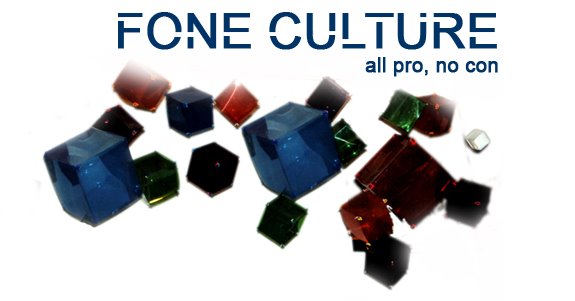
Last Sunday was the season finale of the new HBO series Tell Me You Love Me and it was a brilliant end to a solid ten-episode run. I have to admit, I was seriously hooked on this show, and it surprises me a little. On the surface, it has all the things I hate about dramatic television: mopey vignettes about pretty people with too much time and money on their hands, completely overwhelmed with unfulfillment and suburban woe – the Sophia Copolla effect. But Tell Me You Love Me is not a pouty show, and beneath its slick surface it has all the things I love about dramatic television, specifically the space that serialized storytelling has to really develop a character - or tell a story - which a two-hour movie does not. And this show has a sharp focus, a small-scale thesis about intimacy by a team of creators that really took the time to think its characters through. Executive producer Cynthia Mort, who developed the project, has genuine insight about relationships and Tell Me You Love Me's scripts are full of believable moments rather than flashy, pithy one-liners designed to sound like new urban wisdom, but which then don't really ring true.
Tell Me You Love Me worked up a lather of sweaty buzz about its graphic sexual content, which includes generous helpings of testicles, breasts, butts, penises, vaginas and barnyard animal sounds. But honestly the show needed that suggestion of color to offset its very low-key tone and the stricly un-sensational and narrowly-defined scope of the little story it wants to tell. It follows four couples of varying ages and status as they work through unique intimacy issues: Jamie and Hugo are young and rash, they screw a lot, and they struggle with jealousy and commitment. Carolyn and Palek are in their thirties, moderately successful and are trying with no luck to conceive their first child. They screw a lot too, but eventually all the attempted baby making begins to take its toll. Dave and Katie are the most traditional couple (for example, they don't swear). They've been married forever, are in their fourties with two kids, and don't ever screw anymore. As it turns out, there is some really deep-seated stuff that turned off the sex faucet in their bedroom. And finally there's May and Arthur. They're pushing 70 and they screw a lot too (I hate to say it, but you might be at least a little horrified at those scenes. Nothing can prepare you for the shock of seeing a senior citizen giving head.). May's a therapist and at one point or another, all of the other couples eventually make it into her office. That is presumably what unites the four storylines, although all of the relationships are meant to symbolize a single relationship at different stages of development, with May and Arthur representing the finished product – the couple that made it by sticking out everything from infidelity to "bed dread," and are now reaping the rewards of all that struggle and persistence. It's a pretty ingenious concept and it totally works.
The show is pro fidelity and pro self-truth. It wants its troubled couples to face their problems and work through them, rather than seek solace in distraction or repression. As Mort points out, beneath all that soft core porn is really a fairly conservative sensibility. It reminds me of Stanley Kubrik's Eyes Wide Shut, which was a very old-fashioned meditation on fidelity that was unfairly eclipsed by the rating scandal about its macabre orgy scene.
To me, cable television has become the new best place for narrative form. And of its endless channels, HBO is still setting the standard. They have the cash and, by now, a creative mandate to greenlight quality; and when you combine that with good taste in projects and talent, as HBO does, genius ensues. Personally, I prefer at least an attempt at realism in my novels, movies and television shows – whether drama or comedy; it just heightens the effect. So I was never a fan of HBO staples like Six Feet Under or Deadwood, which seemed art-directed to within an inch of their lives and didn't crystallize into believability. But I thought The Sopranos was as good as the hype and The Wire is probably the most relevant and consistently affecting work of art in the last 10 years. And then there's Entourage, Extras and Curb Your Enthusiasm, which aren't "serious" shows but are as smart as they are feel-good. So I guess I qualify as an HBO fan of some sort.
I think Tell Me You Love Me already ranks with any of those shows in quality. Right out of the gate, it knew what it wanted to be and it went about it flawlessly. The casting is perfect, you can't imagine anybody else playing these characters, and all the couples have believable chemistry and the actors plenty of depth. It's probably not for everybody - most people watch TV to give their brains a rest and, like The Wire, this is the kind of show that you have to engage with for it to work. But you can tell that the creators really love the characters and I can't think of another show that actually seems to want to benefit its viewers rather than just entertain them. Even The Wire, which is so full of social concern, is more nihilistic about its complaints than proactive.
I don't really have anything to link to. I think the DVDs come out in January. However, if you are able to catch the reruns on HBO, make sure to watch the promotional podcasts they created where they ask real couples to watch the series and talk about it. In their own way, they're just as entertaining as the actual show. [Those promos are also available as a free download in iTunes.]

No comments:
Post a Comment